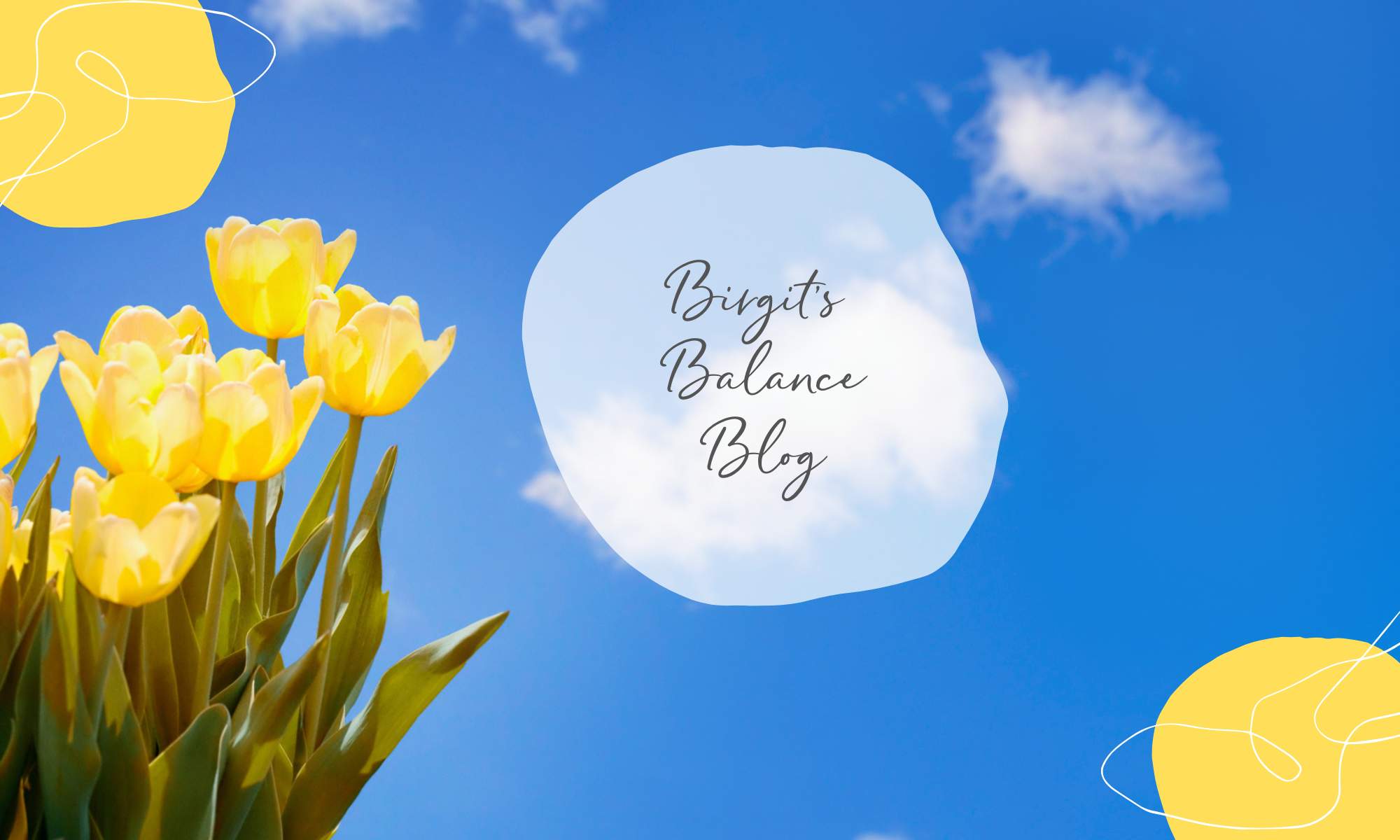
During the last few moths, we all had to want a lot. Sound crazy?
Seriously, isn’t it amazing what we are capable of doing once we need to want it?
When we suddenly find ourselves in situations that change everything that has slowed us down from meaningful to irrelevant?
When instead of “I should-but” we say “now!” and “if-then” becomes “when?”
- How many companies had tried for months to introduce home office or teleworking. And then with Covid19 – woosh, it was done in four weeks.
- Every year you set out to eat a healthier diet – with moderate success. And then your doctor discusses with you the results of your last examination and the health consequences if you don’t change anything – and woosh… more healthy food on the menu.
- For months you plan to visit your family more regularly – but when? And then there’s this person passing away – and woosh, suddenly there’s time.
So why not acting directly before the “I should” becomes an “I should have”? This creates clarity, saves energy and precious life-time. (Because should-haves really pulls us down).
But what slows us down, why is it so hard before it has to be easy?
- We don’t really want it. In truth, it is not important enough for us – often because something else is even more important. Sometimes we are not immediately aware of this, maybe we don’t even want to admit it … that we find e.g. sociability and meeting friends more valuable than the morning run. So? Stand by it and turn the “actually I should go running” into “now my friends are important.”
- We think we have to. And not because of ourselves, but because we think we’re expected to. There’s this “norm”, this NORMal, the social standard. When you hear yourself saying sentences like “this is what you do/do not do” then ask yourself, who is this “you”? It is your decision – do you want to live a somebody else’s life and maybe find yourself in a situation you never wanted to be or do you want to live YOUR life? (This is, by the way, the one with the least few “if I had only” sentences at the end).
- We have concerns. Open or hidden ones. Hidden concerns sometimes appear as prejudices – to stay with the sports example, you might subconsciously be convinced that all the sports freaks are really unrelaxed = “When I do sports, I become such an unrelaxed fellow”. Realizing these thoughts is already a good step in the right direction. Then, park your concerns and just do it. With open end. Be brave (without carelessness) – maybe you will become the very first totally relaxed sporty fellow? 😉
- We want to do it right or don’t do it at all. Also called perfectionism. We think we have to take everything into consideration, be prepared for every little details. I can only think of two clever sayings here: 1. control is an illusion and 2. start before your are ready. The lighter your luggage is when at your start, the more space there is to pack it with valuable experiences and insights on the way!
So, which “I should” sentences are on your list? Which one would you like to turn into a “now!” the next days?
Yours, Birgit
PS: If you have a bucket list (= a list of things you really want to do before you kick the bucket) — this is a good start!
